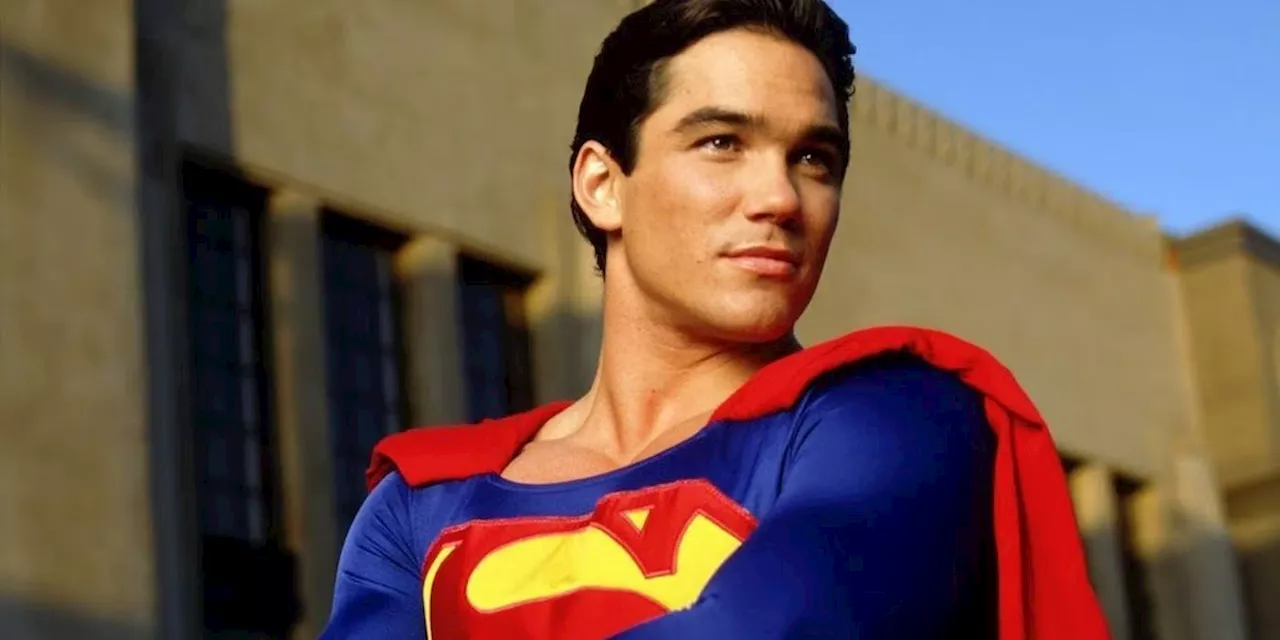Television history is marked by memorable performances, but the decision to recast beloved characters often stirs strong emotions among fans. Several notable recastings have sparked controversy and debate, as audiences grapple with the departure of iconic actors. This article examines ten of the most polarizing recastings in TV history, exploring the impact on shows and the audience’s reaction.
Significant Replacements That Shook Audiences
One of the most well-known recastings occurred with the character of **James Bond**. In 1995, **Pierce Brosnan** took over the role from **Timothy Dalton**, revitalizing the franchise with a more modern touch. While many embraced Brosnan’s portrayal, the debate over who should embody the suave spy continues, especially with the recent announcement of **Daniel Craig’s** departure.
Another noteworthy example is the transition of the **Doctor Who** character. The long-running British series has seen numerous actors take on the role of the Doctor since its inception in 1963. Each new actor brings a unique interpretation, but the departure of **David Tennant** in 2010 left many fans longing for his charismatic presence. The arrival of **Matt Smith** was met with mixed feelings, as fans adjusted to his portrayal of the Eleventh Doctor.
On **American television**, the recasting of **Will Smith’s** character in **The Fresh Prince of Bel-Air** stirred controversy when the character’s mother was played by **Janet Hubert** during the first three seasons. After a public fallout, **Daphne Maxwell Reid** stepped in for the remainder of the series. The change prompted discussions about the impact of cast dynamics on audience perception.
Impact on Audience Engagement and Show Dynamics
The recasting of characters can significantly influence viewer engagement. For example, **The Office** faced backlash when **Steve Carell** left the show after season seven. The introduction of **James Spader** as Robert California did not resonate with all fans, leading to a decline in viewership. The emotional connection established with Carell’s character, **Michael Scott**, made it challenging for audiences to accept the new dynamics.
In the realm of sitcoms, **Roseanne** encountered a different form of controversy. After the original series ended, the revival in 2018 faced backlash following **Roseanne Barr’s** controversial remarks on social media. This prompted the network to recast her character, leading to the creation of the spin-off, **The Conners**. The decision to continue the show without Barr was met with mixed reactions, highlighting how recasting can affect a show’s legacy.
As television continues to evolve, iconic shows like **Game of Thrones** and **Full House** have also seen recastings. In **Game of Thrones**, the character of **Tommen Baratheon** was played by two different actors, causing a stir among fans who struggled to reconcile the changes with the established narrative. Similarly, the 2016 revival of **Full House** featured a mix of original and new cast members, creating a unique blend of nostalgia and new storytelling.
In recent years, the revival of classics like **Gilmore Girls** and **Charmed** has also spotlighted the impact of recasting. In **Gilmore Girls: A Year in the Life**, the absence of **Melissa McCarthy**, who played **Sookie St. James**, was felt keenly by fans. Meanwhile, the reboot of **Charmed** introduced a new trio of witches, which divided audiences who held deep affection for the original cast.
The medical drama **Grey’s Anatomy** has also seen its share of recastings. The departure of **Patrick Dempsey** as **Derek Shepherd** left fans heartbroken, but the introduction of new characters, such as **Kelly McCreary** as **Maggie Pierce**, aimed to refresh the narrative. While some viewers embraced the changes, others remained loyal to the original cast.
The impact of recasting extends beyond mere character changes; it can alter the entire trajectory of a show. Each recasting decision carries weight, as studios must balance the need for fresh talent with the emotional connection audiences have with original performers.
In summary, recasting beloved characters remains a contentious issue in television history. From **James Bond** to **The Fresh Prince of Bel-Air**, changes in casting can evoke strong reactions, ultimately shaping the legacy of shows for generations to come. As the television landscape continues to evolve, producers and networks will need to navigate the delicate balance between innovation and audience loyalty.
